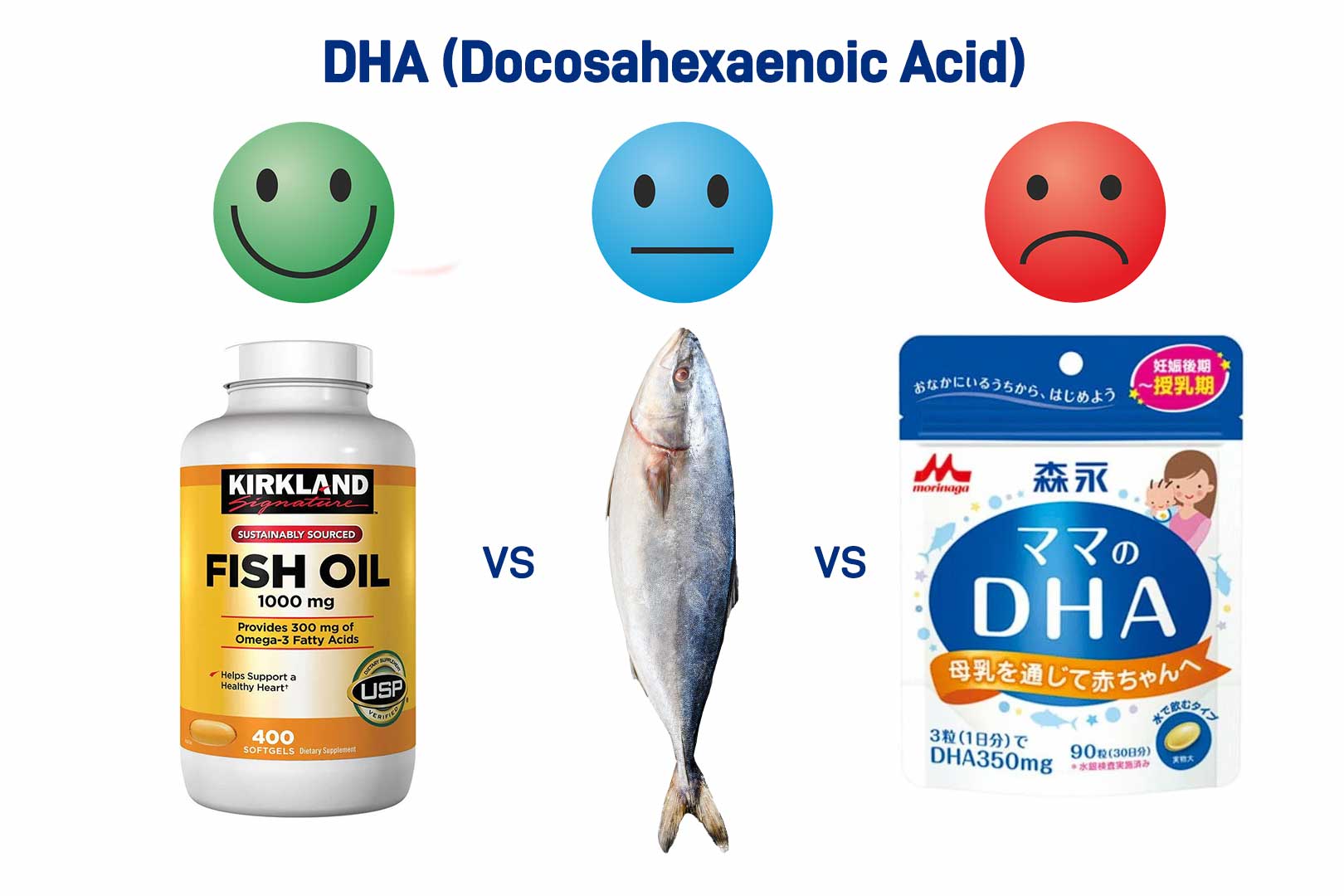The information provided here is for informational purposes only and is not intended to be a substitute for professional medical advice, diagnosis, or treatment. Always seek the advice of your physician or other qualified healthcare provider with any questions you may have regarding a medical condition or treatment and before undertaking any new healthcare regimen.
The benefits of these products might be exaggerated
The Healthy Skeptic: DHA touted as ‘smart’ pill for kids – Los Angeles Times
FDA Advisory No.2023-0822 || Public Health Warning
The information provided here is for informational purposes only and is not intended to be a substitute for professional medical advice, diagnosis, or treatment. Always seek the advice of your physician or other qualified healthcare provider with any questions you may have regarding a medical condition or treatment and before undertaking any new healthcare regimen.
The benefits of these products might be exaggerated
The Healthy Skeptic: DHA touted as ‘smart’ pill for kids – Los Angeles Times
FDA Advisory No.2023-0822 || Public Health Warning
DHA, scientifically known as Docosahexaenoic Acid, has gained widespread recognition for its potential health benefits and its crucial role in various bodily functions. In this detailed review, we delve into the intricacies of DHA, examining its functions, sources, and potential effects on health.
What is DHA?
DHA is a long-chain omega-3 fatty acid that belongs to the family of polyunsaturated fats. It is a vital component of cell membranes, particularly in the brain and retina. Structurally, DHA is characterized by its 22 carbon atoms and six double bonds, making it one of the most unsaturated fatty acids found in nature.
Sources of DHA
While DHA can be synthesized by the body from other omega-3 fatty acids, such as alpha-linolenic acid (ALA), its primary dietary sources are marine-based. Fatty fish like salmon, mackerel, sardines, and trout are rich reservoirs of DHA. Additionally, certain types of algae serve as a direct source of DHA, particularly for individuals following vegetarian or vegan diets.
Functions of DHA
The significance of DHA extends far beyond its role as a structural component of cell membranes. Research suggests that DHA plays a crucial role in various physiological processes, including:
- Brain Health: DHA is highly concentrated in the brain, where it contributes to neuronal membrane integrity and synaptic function. Adequate DHA intake has been associated with cognitive function, memory, and overall brain health.
- Eye Health: In the retina, DHA is a predominant fatty acid, playing a vital role in visual development and maintenance. It is particularly important during fetal development and infancy for optimal visual acuity.
- Cardiovascular Health: Omega-3 fatty acids, including DHA, have been linked to cardiovascular benefits, such as reducing triglyceride levels, lowering blood pressure, and decreasing the risk of heart disease.
- Inflammatory Response: DHA exhibits anti-inflammatory properties, which may help mitigate chronic inflammatory conditions like arthritis and inflammatory bowel diseases.
Potential Health Benefits
The consumption of DHA-rich foods or supplements has been associated with several potential health benefits, including:
- Improved Cognitive Function: Studies suggest that DHA supplementation may support cognitive function, especially in older adults and individuals with cognitive impairments.
- Enhanced Visual Development: Adequate DHA intake during pregnancy and infancy is crucial for optimal visual development in infants.
- Heart Health: Omega-3 fatty acids, including DHA, have been linked to a reduced risk of cardiovascular events, such as heart attacks and strokes.
Considerations and Recommendations
While DHA offers promising health benefits, it is essential to approach its consumption with consideration and moderation. Here are some key points to keep in mind:
- Balanced Diet: Incorporating DHA-rich foods, such as fatty fish, into a balanced diet is the preferred method of obtaining this essential fatty acid. For those who cannot consume fish, algae-based supplements can provide an alternative source of DHA.
- Supplementation: In certain cases, supplementation with DHA may be warranted, such as during pregnancy and breastfeeding to support fetal and infant development. However, it is advisable to consult with a healthcare professional before starting any supplementation regimen.
- Quality Matters: When opting for supplements, it is crucial to choose reputable brands that adhere to strict quality standards and utilize sustainable sourcing practices.
- Individual Variability: The optimal intake of DHA may vary depending on factors such as age, gender, health status, and dietary habits. Personalized recommendations from healthcare providers can help tailor DHA intake to individual needs.
Conclusion
In conclusion, DHA stands as a remarkable nutrient with multifaceted roles in promoting overall health and well-being. From supporting brain function to aiding visual development and cardiovascular health, its importance cannot be overstated. By incorporating DHA-rich foods into our diets and making informed choices about supplementation, we can harness the potential benefits of this essential fatty acid for optimal health.
In the ever-evolving landscape of nutrition and wellness, DHA remains a beacon of scientific inquiry and a cornerstone of dietary recommendations for a healthy lifestyle. As research continues to uncover its intricacies, one thing remains clear: DHA’s significance transcends mere nutrition—it is a fundamental element of human health and vitality.








Leave A Comment